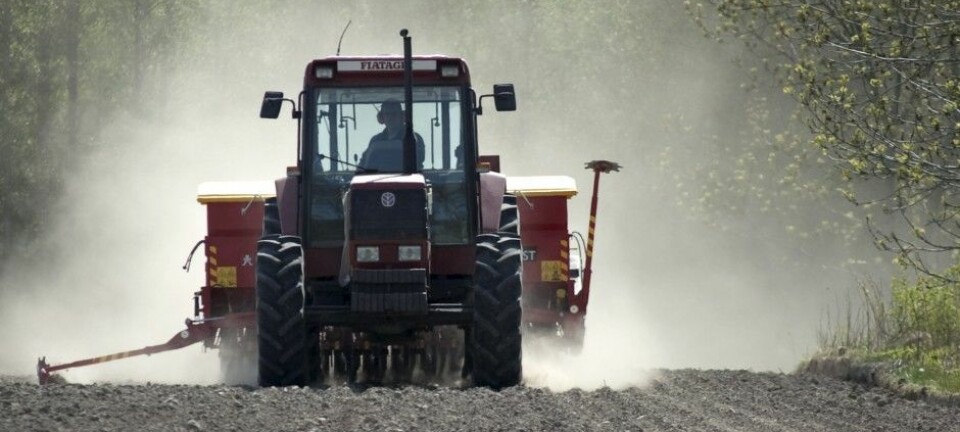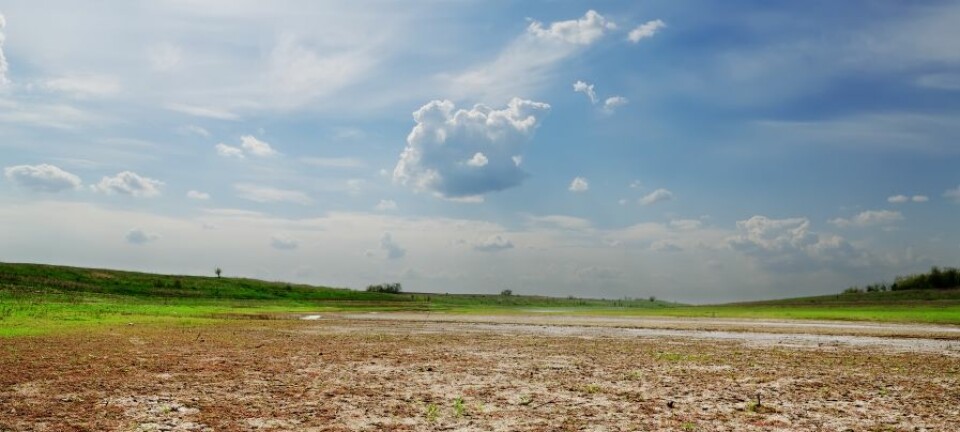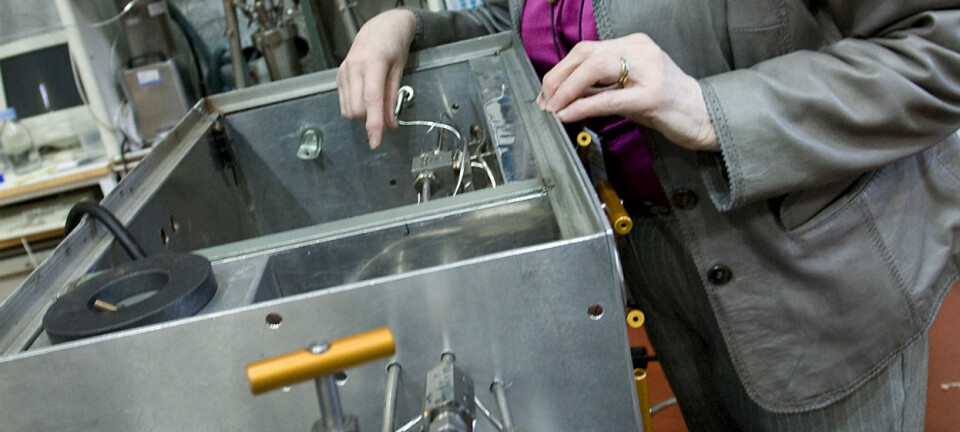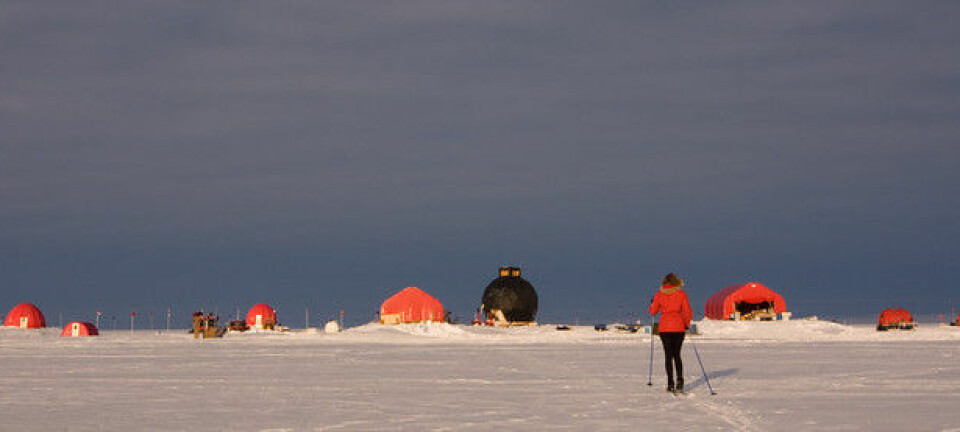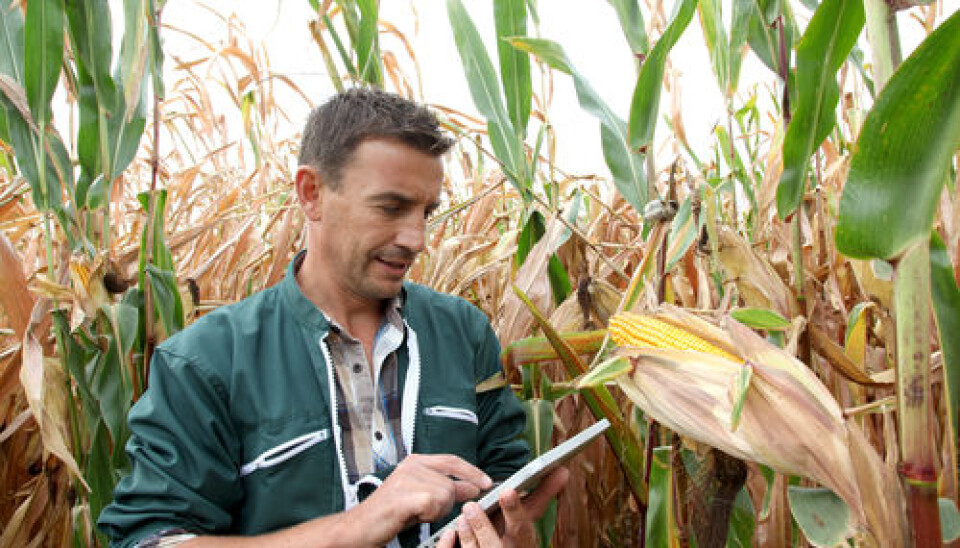
Global warming may benefit some farmers
Danish scientists predict that while global warming will lead to drought and flooding across the world, Danish agriculture may well benefit.
Global warming seldom gets positive press coverage, but several scientists now predict that the increasing temperatures could actually be an advantage to some farmers.
"A warmer climate will mean that we can grow new types of crop, such as sweetcorn, and also achieve better yields. This way Danish farmers may benefit from climate change," explains Professor Jørgen E. Olesen, who studies climate change and agriculture at Aarhus University.
Professor John Roy Porter from the University of Copenhagen agrees.
“Temperature increase, up to two degrees or perhaps a little more, would boost agricultural production in Denmark. This would be positive for sweetcorn, wheat and grass. Maybe one day it will also be possible to grow soya beans,” Says Professor Porter.
Heat may lead to increase in cereals prices
In many countries agriculture is considered to be seriously threatened by the prospect of climate change, which may lead to drought, flooding and failed harvests.
Scientists point out, however, that agriculture in other countries facing a hard time might just turn out to have financial spin-off benefits for Danish farmers.
Olesen, a former member UN's climate panel the Intergovernmental Panel on Climate Change (IPCC) points to the fact that previous occurrences of drought and flooding in other parts of the world than Denmark have resulted in increased cereal prices, which has meant that the Danish farmers could sell at a higher price.
“The years 2008 and 2011 were characterised by drought and flooding in major cereal-producing areas. Denmark was more or less unaffected, cereal prices increased substantially, boosting Danish cereal growers' incomes,” he explains.
Canadian farmers rejoice over climate change
According to scientists, other countries in northern latitudes may experience better growing conditions, thanks to increasing temperatures.
“Temperatures have increased in Canada, where they are currently putting more land under the plough. As a result, cereal is being grown further north and Canadian farmers can barely stop punching the air in excitement over climate change. In other places climate change is causing serious problems,” says Olesen.
“You should not take pleasure in others misfortune”
Although climate change may benefit Danish farmers, both Porter and Olesen emphasise that this is no reason for us to look forward to climate change.
A new IPCC report shows that on a global scale future climate change will result in heat waves, more drought, cloudbursts and flooding, food supply problems, drinking water shortages and falling wheat, sweetcorn and rice yields.
At the Danish Knowledge Centre for Agriculture, chief consultant Cark Åge Perders also points out that “Danish farmers shouldn't derive pleasure at someone else's expense over climate change.”
“That said, increasing temperatures may be rather interesting from the point of view of Danish agricultural production,” he says. “We are also largely prepared to cope with change. We conduct annual field trials to determine what we need to grow in our fields so as to stay up to date when it comes to adapting”.
Professor: things are getting serious
Pedersen says that farmers are accustomed to adapting and that increasing temperatures have already made their mark on Danish production.
But although Danish farmers are prepared to adapt – and perhaps even benefit financially from climate change - it is far from certain that climate change will benefit Danish consumers, says Porter.
“We have to look at Danish food production in a global context. We import a lot of protein from other parts of the world, so when other countries are hit by climate change, Denmark will be hit too,” says Porter.
“Another major question is what people, whose food supply is negatively affected by climate change, will do. Will they move northwards? And if so, how will we react? We're not talking of a hundred years, but around 30-40 years before things start getting really serious,” says Porter.
Although increasing temperatures may improve Danish cereal growers' yields, other consequence of climate change may be less fortunate for Danish agriculture.
A new report from the Danish Meteorological Institute (DMI) predicts that heavy rain and cloudbursts will be more frequent in the future.
“Obviously, more extreme weather in Denmark will be a nuisance for farmers. A cloudburst can cause serious damage to the harvest,” Pedersen concludes.
----------------
Read the original story in Danish on Videnskab.dk
Translated by: Hugh Matthews
